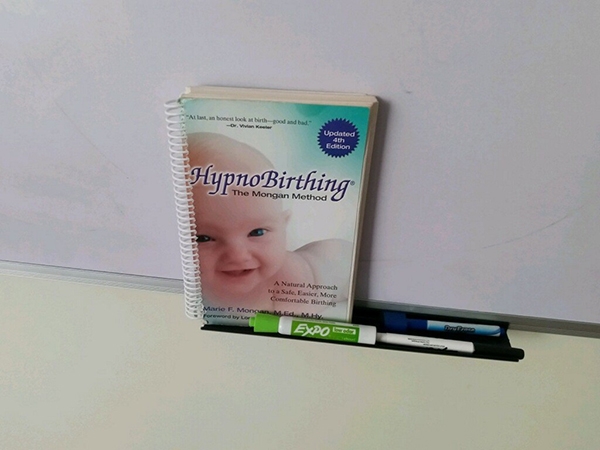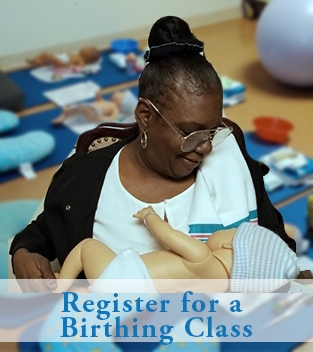Breastfeeding 101: Why Is Breast Milk Best?
Breast milk provides baby with optimal nutrition, gives baby immune support to fight infections, and promotes healthy growth and development.
It is impossible to replicate breast milk. Knowing as much as possible about breastfeeding will help parents make informed choices about feeding their baby.
Benefits Of Breastfeeding
For Baby
- Less infections and sickness
- Bonding time with mom
- Healthy start for digestive system and organs
- Decreased risk of obesity
- Decreased risk of diabetes
- Decreased risk of sudden infant death syndrome (SIDS)
- Promotes brain and nervous system development
- Decreased risk of childhood cancer
- Decreased risk for allergies
For Parents
- Decreased risk of breast and ovarian cancer
- Bonding time with baby
- Saves money
- Breast milk does not have to be prepared and is ready when needed
- Decreased blood loss after birth and return of uterus to normal size
- Decreased risk of heart disease
- Decreased risk of rheumatoid arthritis
- Decreased risk of diabetes
Pregnancy And Breast Changes
Early in pregnancy, mom’s breasts begin making preparations for breastfeeding. Breasts become tender and veins become more visible as blood flow increases. The nipples and area around the nipples, areolae, darker in color. In addition, glands around the nipples enlarge and look like pimples. The glands help lubricate and protect the nipples from infection. Breasts become larger and heavier as they prepare to produce, store, and deliver milk to the baby.
Establishing Breastfeeding
In the beginning, aim to breastfeed baby 8-12 times in a 24 hour period. This is especially important to stimulate milk supply. Breastfeeding works similar to supply and demand, the more milk baby consumes, the more milk will be produced. Every baby has his/her own feeding patterns, some babies cluster feed – several feedings in a short period, and others have slow or more evenly spaced feedings. Indicators to help determine if the baby is getting enough milk through breastfeeding include: baby has an average of six wet diapers a day and is gaining weight.
Signs Baby is Hungry
- Brings hands to mouth
- Turns head side to side, searching motion
- Sucks on hands or fingers
- Bobs head and mouth against caregiver’s shoulder or neck
- Please note: Crying is a late hunger sign and can make it harder to feed baby.
More About Breastfeeding
When a mother gives birth naturally then breastfeeding is a natural next step. For those women who choose this step, there are many places that she can find assistance. At The Birthing Center of NY, we have breastfeeding classes. They are taught by Certified Lactation Consultants, that you can take before you give birth to help you have a smooth start to breastfeeding. You will also have one visit with a Certified Lactation Consultant at your home if you need one. There are also many web sites to give you more information.
Breastfeeding vs. Formula Feeding
Choosing between breastfeeding and formula for your baby can be one of the most difficult decisions postpartum. You want to make a very informed decision about this topic that is inundated by opinions. What is really the benefit of breastfeeding? Is there any?
A big decision new moms must make for their little one’s nutrition is breast vs. formula. Some people can be uncomfortable around women while they are breastfeeding. However, if you pull out a bottle of formula, there are those who may criticize you for not feeding your baby what they might consider “nature’s perfect food” — breast milk.
Welcome to mommy guilt. No matter what you decide, other people will surely have an opinion. Only one thing really matters: Which choice is right for you?
Breastfeeding
The American Academy of Pediatrics (AAP) recommends breast milk as the best nutrition for infants. Babies should be breastfed exclusively for the first six months, according to the AAP. After other foods have been introduced, the AAP encourages mothers to continue to breastfeed until baby is at least a year old, and as long after that as both mother and child are willing.
Breast milk is good for your baby in many ways:
- It provides natural antibodies that help your baby resist illnesses, such as ear infections.
- It’s usually more easily digested than formula. So breastfed babies are often less constipated and gassy.
- It may lower the risk of sudden infant death syndrome in the first year of your baby’s life.
- It may raise your child’s intelligence. Studies show breastfed babies have higher levels of cognitive function.
- Breast milk may even help your child in later years, by reducing the risk of being overweight, and of developing asthma, type 1 and type 2 diabetes, high cholesterol, Hodgkin’s disease, leukemia, and lymphoma.










